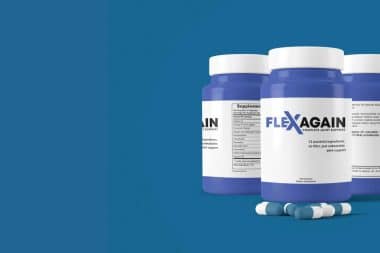Can you become dehydrated while swimming?  That doesn’t seem like a question that even makes sense. You are surrounded by water, how could you become dehydrated?  Swimming is like any other exercise in the fact that it makes your body sweat, just like running. The thing with when you sweat in a pool is  you don’t always notice it right off. How can you tell the difference between pool water and sweat? There isn’t much way to differentiate between the two. The answer is yes you can become dehydrated while swimming and it is almost easier to than other physical activities.  Mostly because you just don’t realize how much water you are losing by the lack of knowing how much you are sweating.
Your body won’t absorb water through it like a sponge. Â Being emerged in the water does not make your body less prone to dehydration. Â If you feel thirsty while in the pool, make sure you get bottled water or a sports drink. Â Do not drink from the pool, lake, ocean, or whatever body of water you are swimming in for chemicals and bacteria from the water can make you very sick. Â
The key to beating dehydration while swimming is making sure you are hydrated before you even start swimming. Â It is said you should be drinking half your weight in ounces of water every day. If you weigh 100 pounds, then you should be drinking 50 ounces of water. Â Another study states that you should be drinking eight, eight ounce glasses of water every day, which is about 64 ounces of water.
Make sure that if you are doing vigorous exercises swimming you are staying hydrated in between your workouts. Drink water between laps. Â To make sure your electrolytes stay balanced you may need to drink an energy or sports drink to replace some of the salt from your body that gets lost in your sweat. Â It is important to keep your electrolytes balanced. Electrolytes being balanced is key to your overall physical and athletic performance. Poor balance in electrolytes can lead to poor performance when competing. Â It is also important to make sure hydration is kept up, for good hydration keeps your kidneys functioning properly. Some athletes will weigh themselves before and after exercising. If there is any weight loss it can be determined that it is loss of water. Â If you lose two pounds that is equal to thirty two ounces of water.
There are some warning signs to look out for if you starting to become dehydrated. Â You may experience increased thirst, this is the first sign your body will start telling you to drink something. Â You could also show signs of flushed skin, unexplained fatigue, palpitations, increased breathing rate, increased body temperature, and decreased stamina. Â If you experience muscle weakness, labored breathing, and dizziness these are all signs of severe dehydration.
To treat dehydration you must replenish your body with clear liquids. Â This can be as easy as just drinking some water, or clear broth. More severe cases you may need to be administered IV fluids. Â The fluid that would be given through your IV could be a normal saline solution. This will replace the fluid that has been lost and help balance electrolytes all at once. Â Â
Make sure you are drinking enough fluid before exercising, and make sure during your course of exercise you continue to drink as well. Â It is easier to become dehydrated while swimming then almost any other exercise. Staying hydrated is very important in keeping your body healthy and at its top performance. Â
Swimming & Dehydration #HealthStatus
Source:Â Â Sportsrec.com









Reply